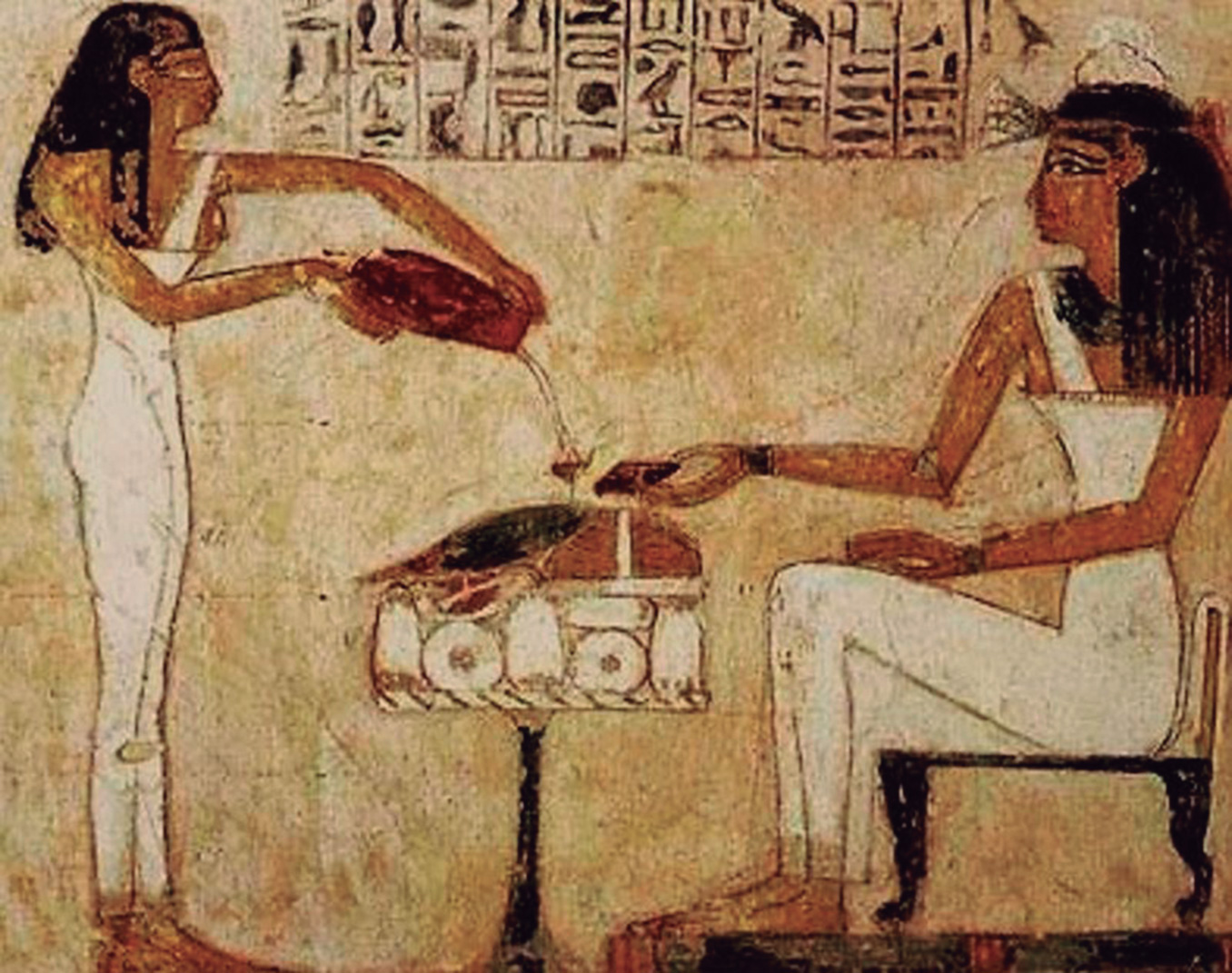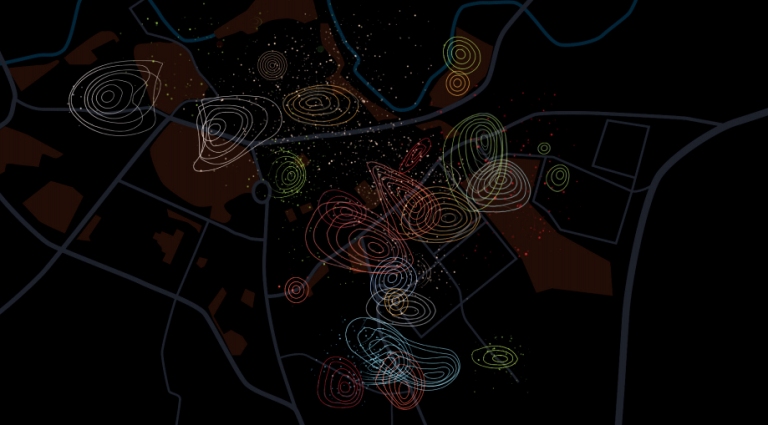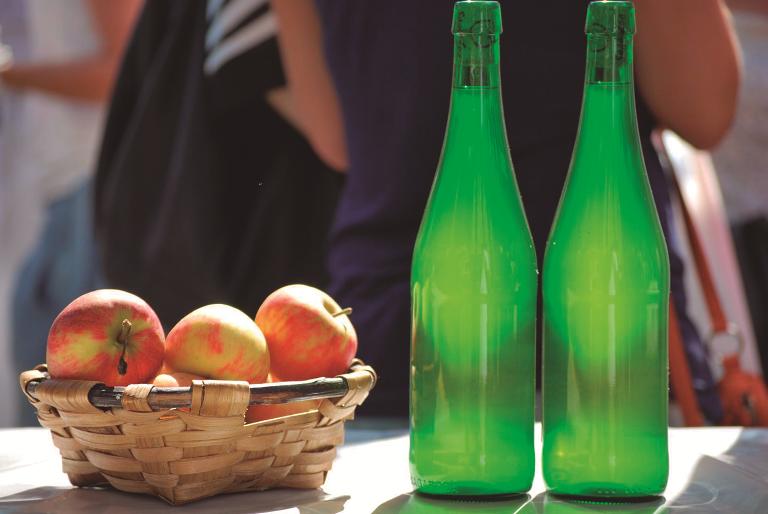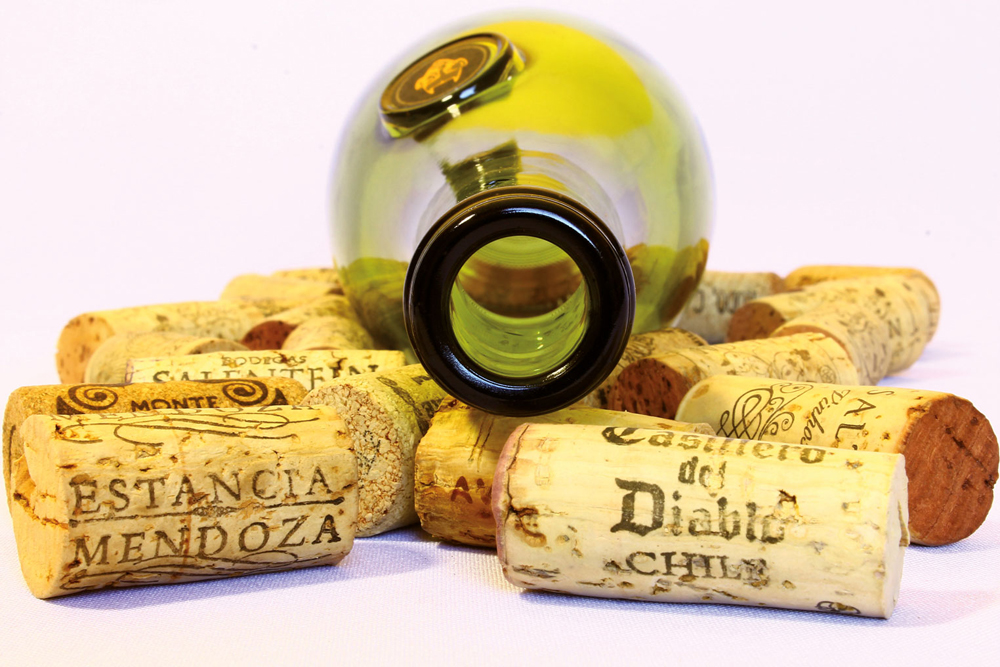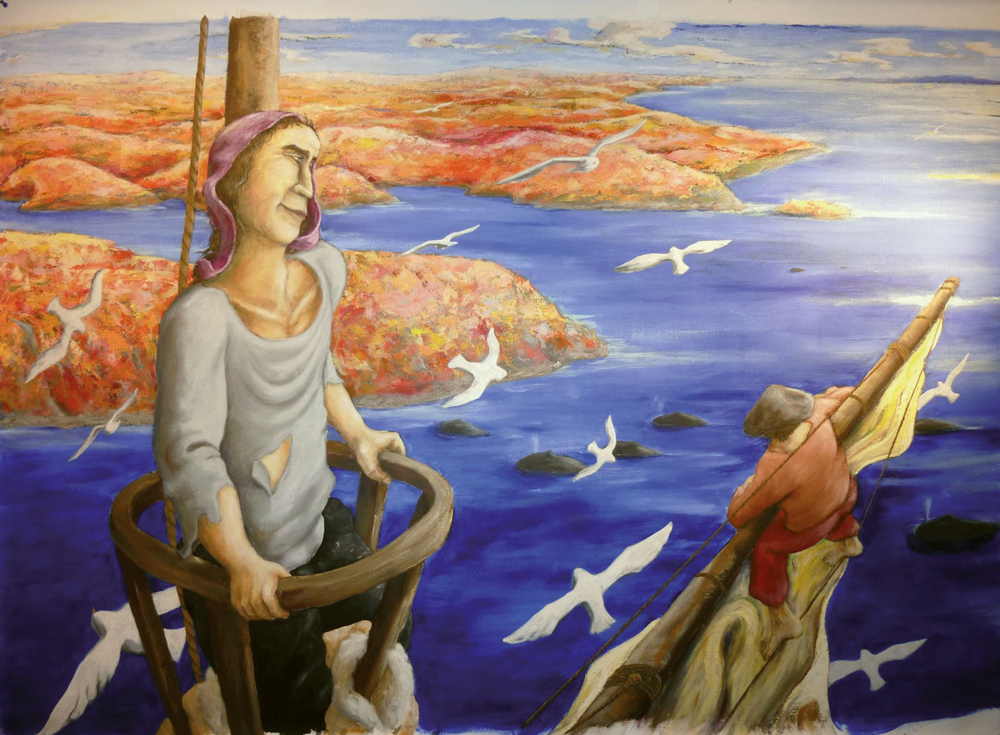On dried leaves
- I have brought things from littering to paper and a reader told me how beneficial those dried leaves are to vegetarians; he was a Christian and said they were a “blessing.”
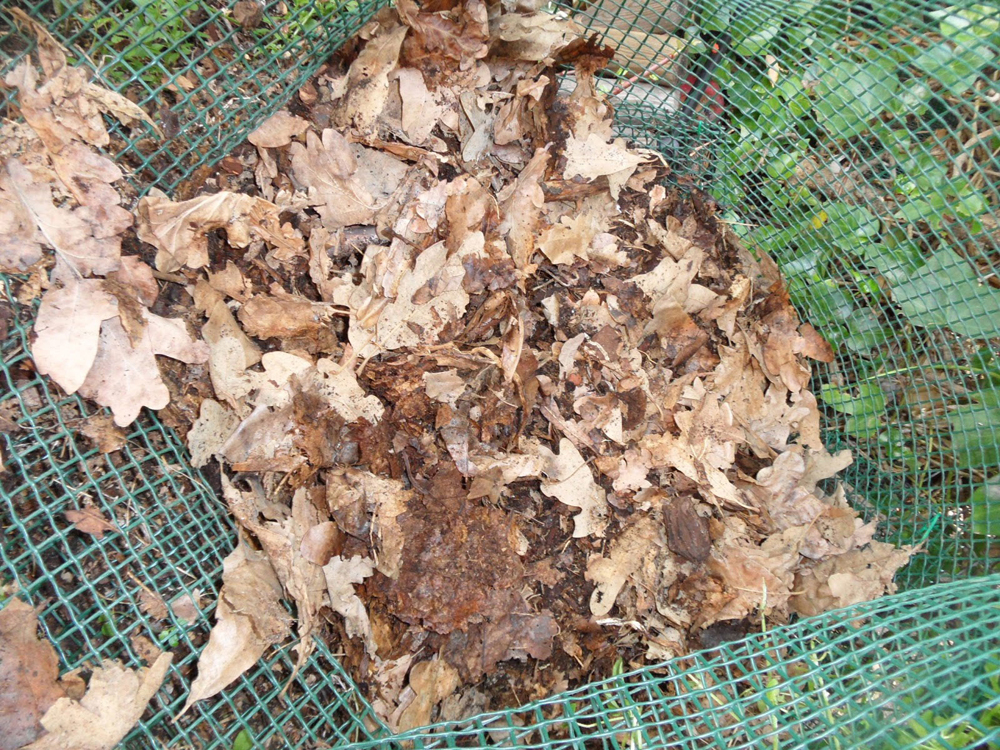
Although the word “orbel” has been as insulting as the old and wrinkled, I am not going to say it is a blessing, but it is useful, of course. And at this time when the work on plants tends to be large, I encourage you to take advantage of your litter.
The first thing is to pick up the litter; be a leaf collector. As clean as possible, if you pick up a litter, better, easier to handle. Rolled in containers, sacks or a large parquet, pick up and pick up as you like. There's also talk about the tangle, but I've never seen the littering on the finish line; yes, on the stack, well picked up with a network of fisheries that had been forgotten, as if the leaves had been caught in the wind... As if it were a vertical muzzle, it is not difficult to close with stakes and a wire net.
If the ground is quite identical, you can also roll the puff with the grass cutter. Reassemble the grass and, mixing with it, collect the leaves. Since it is not an empty leaf, it is not, as Beñat Sarasola says, the lunchtime sneeze of the bat.
Orbela can be used for many things. For example, to make edges to plants. Put the sheet as it is or if it is crushed, in the bottom of the plants; it will be protector and fertilizer. It's also a good material for making the trench. The best moat I know is done as follows: place the leaves and manure that just came out of the barn on top of each other in the layers of the mound. From time to time it swells and stays moist. Wet with the spicy boiled to favor sliding. If I leave the land of Luar for another year, it will be a beautiful humus or black land. Another way to make this black land is to put the wet pebble in a black plastic bag, make a lot of holes for it to breathe and leave it on the side for a year and a half or two years.
The day exceeds the night with the spring equinox. This year it happened on 20 March, at 22:59 hours, opening the door of the spring. The Eki prefix means the same thing. Until then the night had been longer. The day and night were twelve hours. Since then, the day is extended... [+]
Time has been on our line for a long time, but the climate is relatively recent. There is no need to clarify too much what climate change is. Explaining what the landscape is is a redder necessity. Conferences, round tables or international conferences on climate change are... [+]
It's time to pick up the fruits and get them on the way to the lagar. Pear (Pyrus communis), apple (Malus x domestica), grape (Vitis vinifera)... It seems a short and quick road, but you have to work a lot of rodeos and their variants until the fruit becomes must and must become... [+]
In the Basque Country, agriculture is the history of permanent colonization. Like everywhere. Before, the land was not cultivated; before, the harvest was not sown; you enjoyed what was not eaten before. They had brought it all from elsewhere. Many of these stories have been... [+]
Returning to the wines that are made with the crops, the left madreselva (Humulus lupulus) is conservative and bitter tasting aggregator. The union of crops and madreselvas produces many dirty jets, especially in beer countries. A friend has just explained to me the stories of... [+]
In our house we met him with the name of madreselva (Humulus lupulus). In fact, we have worked hard and sinister on the banks of the river in our country, coinciding with the expansion of beer. We've learned that it's also called lobster, beer, beer, wart and grass on the left... [+]
Spring has brought the issue to my nose. C. worked at various research centers in New York. Bushdid, M. Oh! Magnasco, L.B. Vosshall and A. An article published by scientists Keller in March 2014 in the prestigious “Science Magazine” produced a great stir. The title says it... [+]
The curious interannual days end, those who eat and drink from the emanations of the earth. I'll eat from the best to the best. Supposedly. Heavy champagne and cava bottles are easy to dance. Even though they are of all kinds today, they were once the cider of the other barrel... [+]













